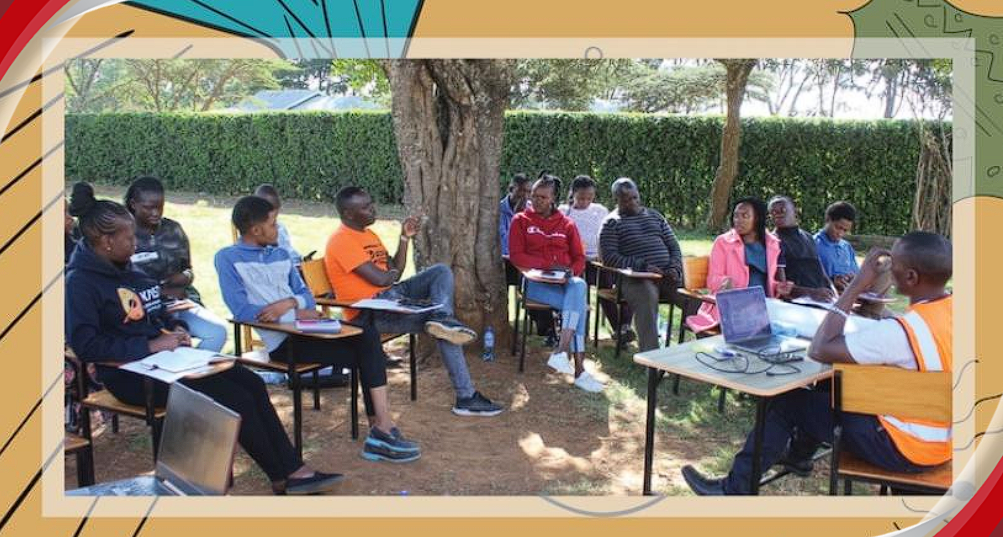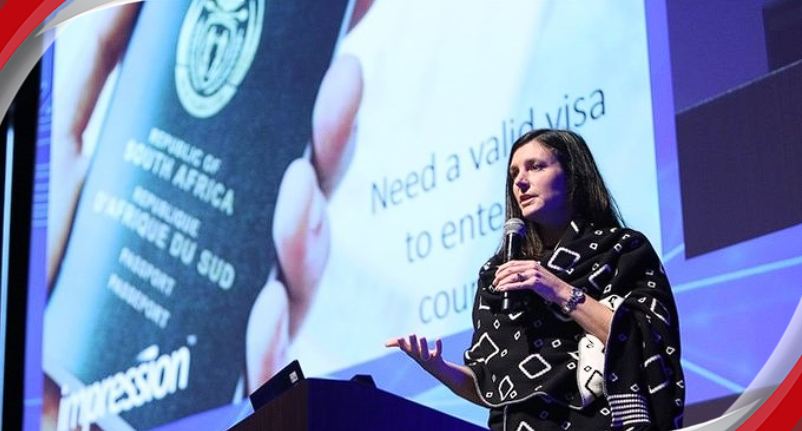Articles
The talent equation for digital success
-
2 days ago
The Achilles' heel of digital transformation is not the technology itself − it is talent availability. For chief human resources officers (CHROs) and C-suite executives at the forefront of change, the real business challenge does not lie in adapting new tools, but in realigning workforce strategies and talent management frameworks to meet the relentless pace of change.Digital transformation is fundamentally altering the talent dynamics conversation at the boardroom table, requiring urgent attention from leaders across all areas of the organisation.In South Africa and across the continent, there is an urgent need to integrate digital tools and strategies into workforce planning, especially given the evolving nature of jobs and skills.The skills gap is fast becoming a skills chasm, and digital transformation is widening the gap in South Africa at an accelerating rate. This has a direct bearing on any organisation’s sustainability and competitiveness, as well as the wellness and productivity of its employees.One of the most immediate impacts of digital transformation is the redefinition of roles within organisations. We are no longer dealing with static job descriptions or fixed skill sets; the days of long-term workforce strategies that stretch five years are over.Today, organisations are pivoting every 18 months, and with this change comes a need for highly-specialised, adaptable talent. This constant evolution necessitates that organisations move beyond traditional recruitment practices to embrace strategic workforce planning.The World Economic Forum’s Future of Jobs Report 2023 supports this sentiment, predicting that 50% of all employees will need reskilling by 2025 as the adoption of automation and In a bid to remain relevant and competitive in the global economy, SouthAfrican organisations are increasingly adopting five smart and future-forwardhuman capital and workforce strategies:New world, new skillsReskilling and upskilling will be the constant strategic imperative for talent leaders in a changing world. The biggest challenge is ensuring your workforce remains relevant. In South Africa, we are seeing a significant push for upskilling, particularly in technical and digital skills. Today, organisations are pivoting every 18 months, and with this change comes a need for highly-specialised, adaptable talent. with specialist training providers to continuously reskill their teams in areas such as AI, data analysis, cloud computing and process automation.Access to scarce and critical skills in a high demand marketAs the demand for specialised skills, particularly in finance and IT, intensifies, CHROs and COOs are rethinking traditional approaches to talent acquisition.Organisations are increasingly adopting just-in-time talent strategies, enabling them to secure the right skills to meet evolving business needs without committing to long-term staffing expenses.Two primary strategies are employed to access these skills:Insourcing remains an attractive option for companies looking to develop in-house capabilities. Many leaders focus on upskilling their current employees, providing ongoing training in critical areas like digital finance and cyber security to bridge the internal skills gap.For example, the Auditor-General of South Africa is working closely with the Southern African Institute of Government Auditors to place trainee auditors in public sector roles through programmes aimed at building a reliable pipeline of qualified government auditors.Outsourcing to talent specialists, on the other hand, has gained traction as a flexible, cost-effective solution for filling high-demand roles. Many organisations are turning to talent marketplaces and specialised consulting firms that offer access to pre-vetted experts with niche skills.Such companies provide robust talent pools that can quickly supply experts for project-based needs, reducing the time spent on lengthy recruitment processes. These third-party partnerships allow businesses to tap into scarce skills, such as IT audit and financial analysis, without committing to permanent hires.Diversity and inclusion accelerated by digital transformationDigital transformation is also changing how organisations approach diversity and inclusion. In South Africa, there is a big drive to bring more women into leadership roles.There are several reports which highlight that employees are more likely to leave organisations that do not prioritise diversity, making it a business imperative to integrate inclusive practices into digital transformation efforts.Flexible talent models and the rise of gig workersAccording to Forbes, by 2030, freelancers and gig workers are projected to make up 80% of the global workforce. This shift is already being felt across Africa.The flexibility and autonomy that gig workers offer are driving many organisations to rethink how they resource critical projects. For many CHROs, this means creating hybrid workforce models that integrate full-time employees with contract workers. The challenge will be to maintain corporate culture and cohesion in a more fragmented working environment.Outsourcing of critical HR functionsWith HR and other internal support teams facing growing pressure to deliver more with fewer resources, the smartest strategy is often to retain core HR functions in-house, while partnering with specialist companies as delivery partners of other strategic initiatives and operational activities.This approach allows organisations to maintain control over strategic HR priorities, while leveraging external expertise for specific needs. We are seeing a move towards using highly-skilled outsourcing companies to find the right talent.This trend is not only helping companies secure niche skills more effectively, but also relieving the pressure on internal HR teams.As the future of work is rapidly unfolding, and for businesses to thrive, HR and operations leaders must not only keep pace with technological advancements but also strategically position their workforce for what lies ahead.
The changing workforce landscape
artificial intelligence (AI) continues.In Africa, this trend is even more pronounced due to the continent’s youthful population and the rapid growth of technology-driven industries. For CHROs and COOs, this signals a critical need to balance immediate operational needs with long-term strategic goals.
Five smart human capital strategies
A recent Deloitte report reinforces this, highlighting that digital literacy and technical competence are now fundamental to maintaining competitive advantage.Employers must
partner
Related Articles Posts
Categories
Popular Post
-
 SA’s IT spend to outpace GDP growth 1 year ago
SA’s IT spend to outpace GDP growth 1 year ago -
 Vodacom, Netstar launch free in-taxi Wi-... 1 year ago
Vodacom, Netstar launch free in-taxi Wi-... 1 year ago -
 South Africa under pressure to fill cybe... 1 year ago
South Africa under pressure to fill cybe... 1 year ago -
 Organisations with a strong employee val... 1 year ago
Organisations with a strong employee val... 1 year ago -
 Joint policy-in-action event highlights... 1 year ago
Joint policy-in-action event highlights... 1 year ago -
 Boost your digital transformation journe... 1 year ago
Boost your digital transformation journe... 1 year ago








